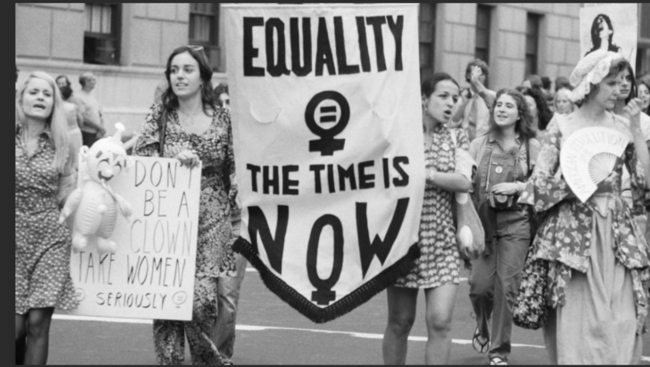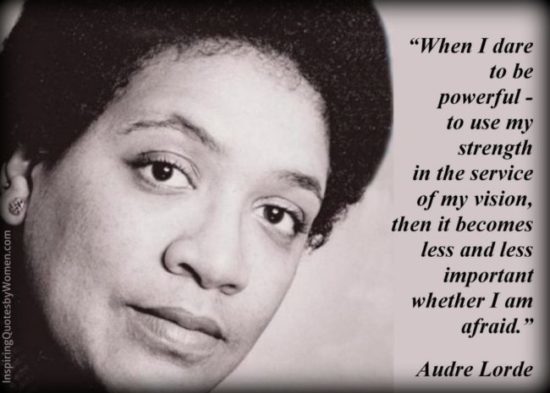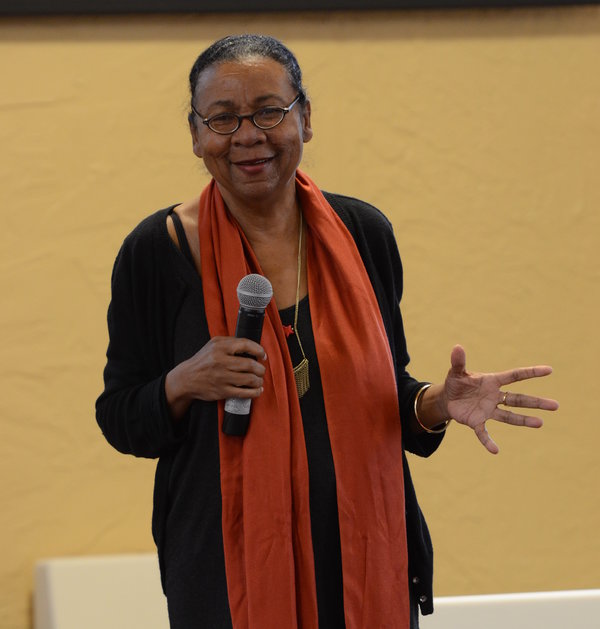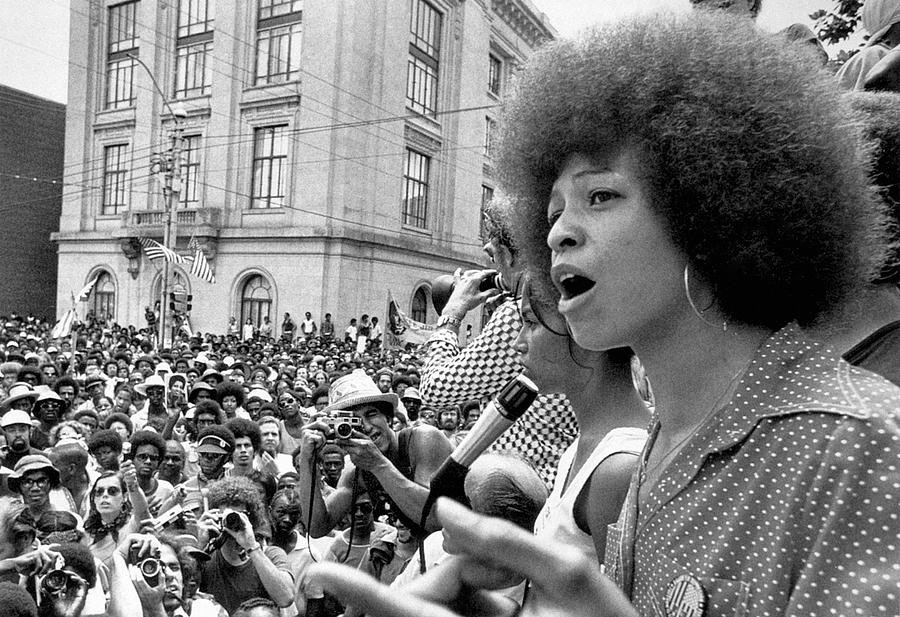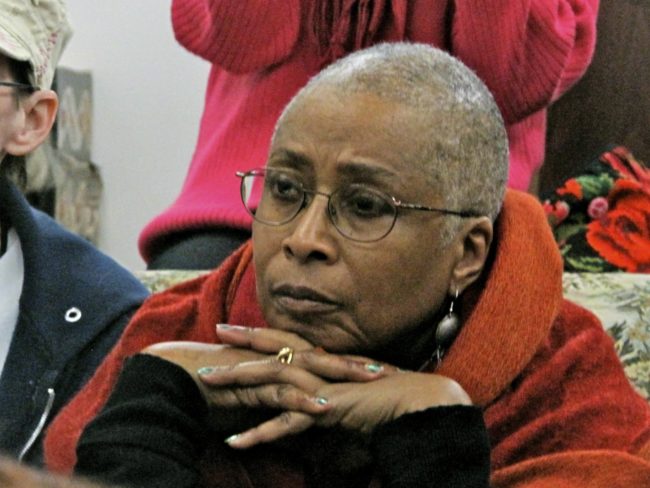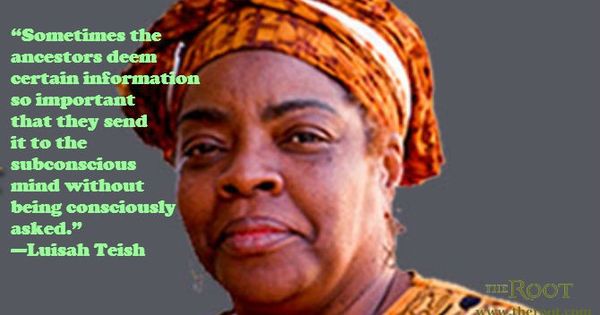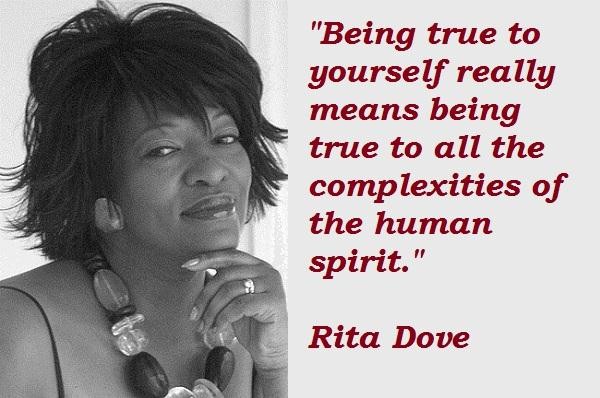Young Black women writers are making huge inroads in literature, critical thinking and memoirs. In many ways their path was paved by the revolutionary writings of Black feminists who gained a national audience in the ‘70s and ‘80s.
This was the period that shaped my feminism. I was young and newly exploring feminism. Initially my readings were confined to white feminists like, Phyllis Chessler, Gloria Steinem and Ms. Magazine, Kate Millet, Marge Piercy and Adrienne Rich. When I enlarged my reading to include Black feminists, a whole new world opened up.
One of my first big awakenings came through reading Audre Lorde. I was blown away by Lorde’s essay, “Uses of the Erotic,” which maintains that, fearing female power, the culture works to suppress the erotic in women.
For Lorde the erotic is far more than a sexual response; it informs everything we do. It’s the passion we bring to our creativity and to the simple acts of daily living, which Lorde describes in words to live by:
“When we begin to live from within outward, in touch with the power of the erotic within ourselves, and allowing that power to inform and illuminate our actions upon the world around us, then we begin to be responsible to ourselves in the deepest sense.”
bell hooks seemed to write a book a year during the ‘90’s, making it hard to keep up with her. I was part of a hooks study group of white women who read her works to educate ourselves about being Black and female in the U.S. We spent hours discussing her dense 1994 essay collection Outlaw Culture where hooks called on Black women to “decolonize” their minds, to look at the world as subjects and not objects.
It was a big epiphany to recognize that deconstructing my life as a white woman living under patriarchy, was duck soup compared to the obstacles Black women faced.
There were occasions in the ‘80’s and ‘90’s when I had the good fortune to be in the electrifying presence of icons like Angela Davis and Alice Walker. It was impossible for me to leave a Davis talk without feeling pumped to storm the barricades.
I met Alice Walker in the early 80’s, shortly after she published her blockbuster, The Color Purple. Alice was a guest writer at a women’s writing retreat I attended in upstate New York. She was kind, gentle and very generous with her time. While Alice critiqued some of our writing, I was too intimidated to share my work with her, something I regret to this day.
Another Black writer/teacher that I will never forget is Luisah Teish, author of Jambalaya. I met her in 1994 when I was enrolled in a Women’s Spirituality PhD program at the California Institute for Integral Studies in San Francisco. We gathered once a month to accommodate women from different parts of the country. I came the furthest, flying in from Syracuse, N.Y.
Luisah had a background as a dancer and Yoruba priestess. She delivered lectures on key women’s spirituality periods in history, but she didn’t just talk. Luisah moved among us, passing along her pulsating energy. She made you believe in yourself and in the power of women’s sacred circles.
During this same period I discovered phenomenal Black women poets: June Jordan, Rita Dove, Nikki Giovanni and Lucille Clifton. Their beautiful phrasing and depth of feeling never failed to stir me.
Here’s a treasured Rita Dove poem entitled “Fox.”
She knew what
she was and so
was capable
of anything
anyone
could imagine.
She loved what
she was, there
for the taking,
imagine.
She imagined
nothing
She loved
nothing more
than what she had
which was enough
for her,
which was more
than any man
could handle.
